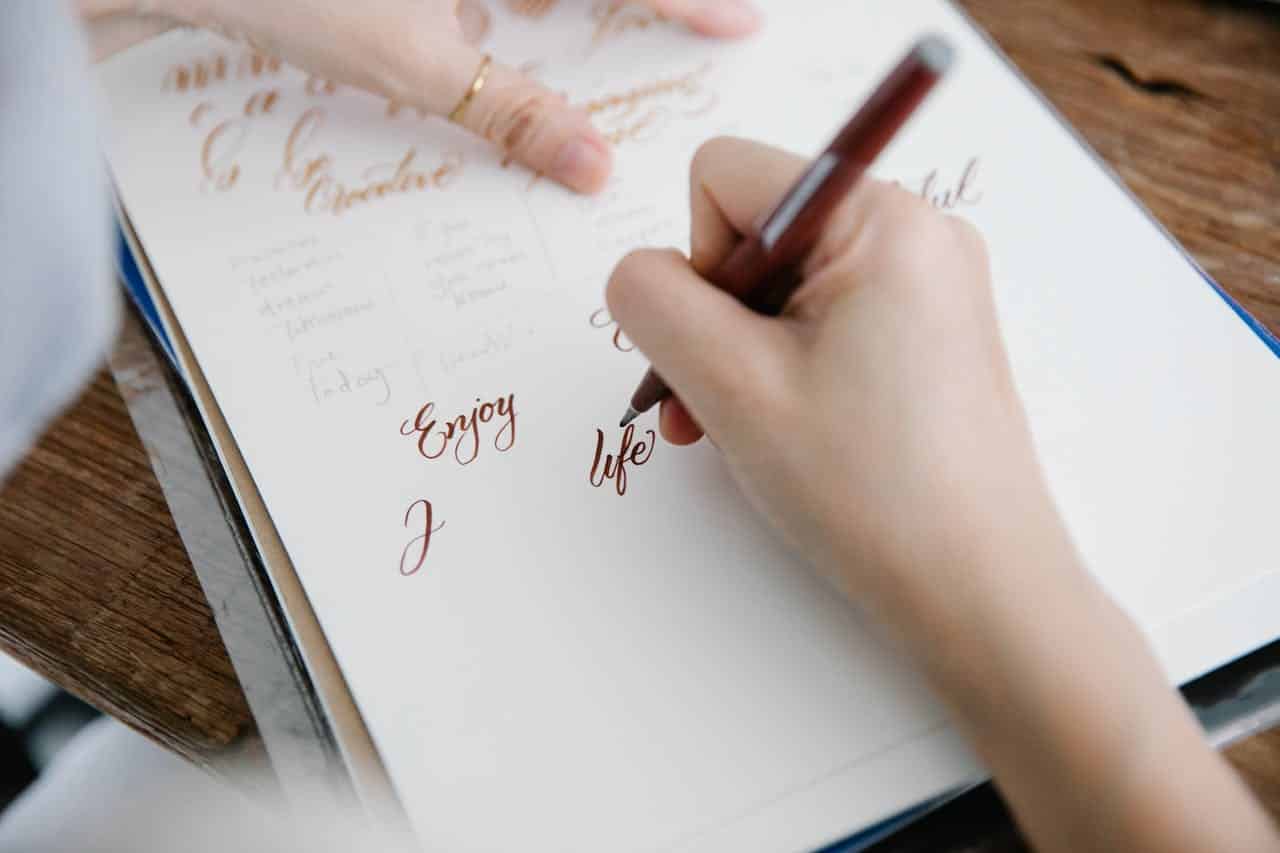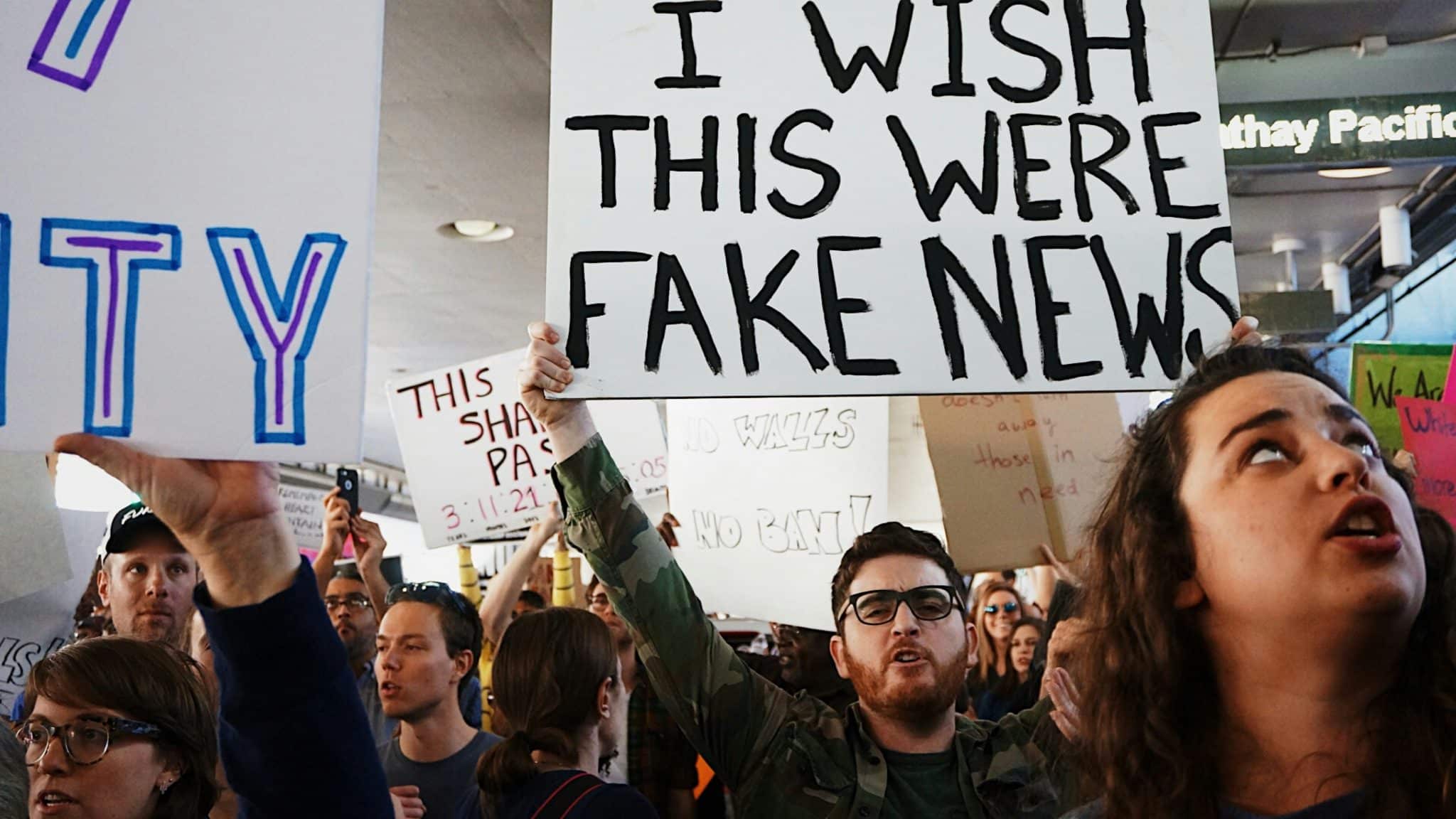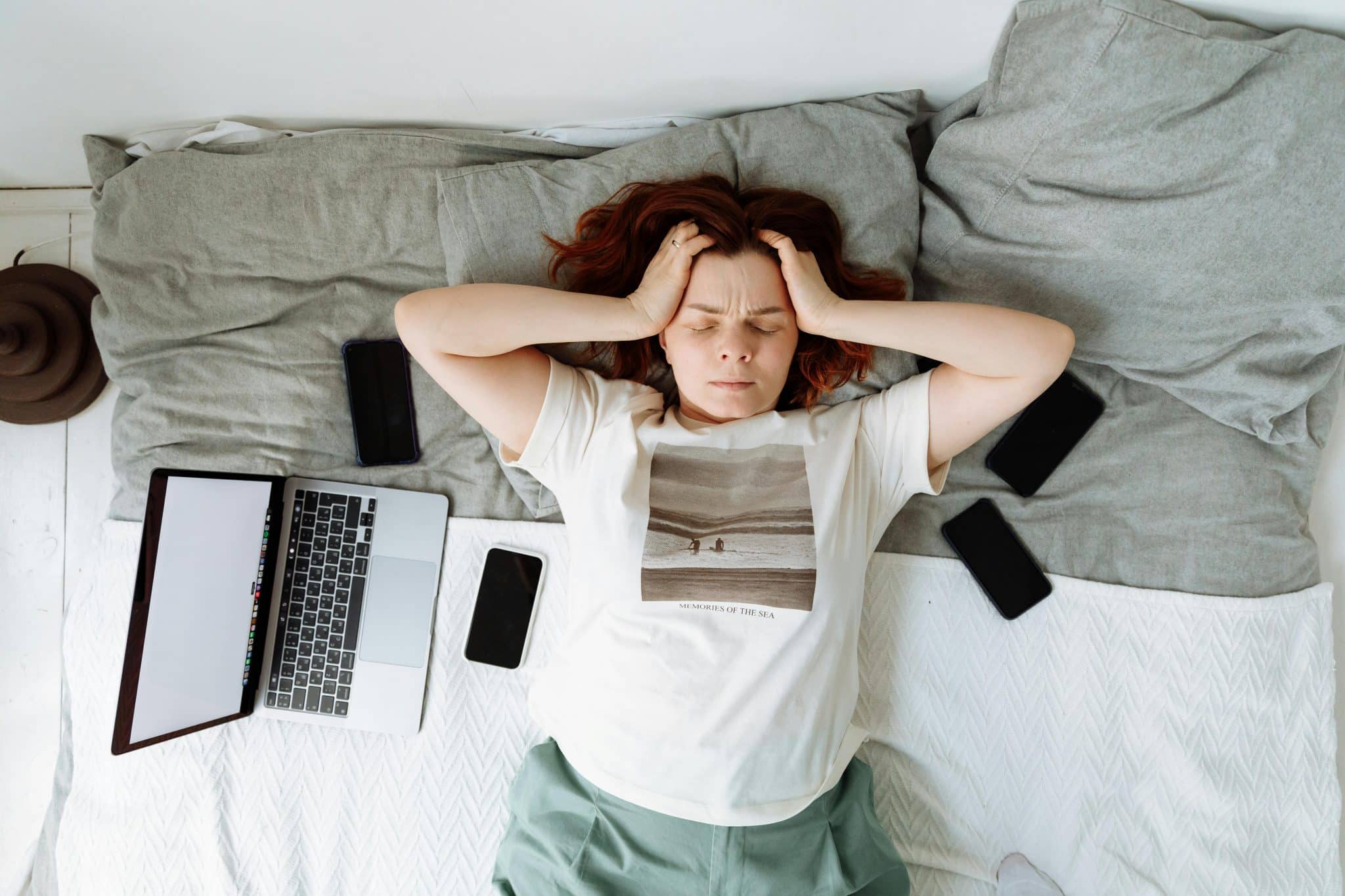Sleep Expert Charlie Molthrop: 5 Unexpected Ways Sleep Affects Your Productivity

As the creator of a texting buddy that helps you get to bed earlier, I’ve stumbled across more than a few interesting sleep hacks, as well as my fair share of research that has completely changed the way I think about sleep and productivity. So the next time you’re thinking of ignoring your bedtime, consider the following facts about how sleep affects your productivity:
You Can’t Always Trust Your Sleep Instinct
If it’s not 7-9 hours, it’s probably not enough. There’s a middling amount of sleep deprivation (around 6 hours) where we think we’re well-rested, but our performance says otherwise. In an article excerpt from his book If Our Bodies Could Talk, health journalist James Hamblin cites a phenomenon that made me question my ability to assess my own productivity: When sleep-deprived participants take cognitive tests and then rate themselves on how they think they did, they reliably overestimate their performance. Don’t let thinking you’re not sleep deprived mislead you down a vortex of low productivity.
Your 10 am Brain Is Different from Your 3 pm Brain
Researchers have found that different stages of your circadian rhythm are better suited to different activities. In a review of various sleep studies, researchers summarized how short-term memory peaks in the morning while more involved “working memory” improves at midday. So maybe move that phone meeting to the morning while saving presentation prep for the afternoon. If something is messing with your sleep timing, it might shift your productivity. Other research has shown that you may be able to boost your creativity simply by recalling your dreams. You might give dream journaling a try to help remember your dreams and spark inspiration.
A Regularly Shrunken Brain is A Happy Brain
Sleepiness feels like being drugged because it is. In a recap of some of the latest sleep research, brain scientist Jeff Stibel writes “Artificial drugs are just an awkward human attempt to recreate what the brain does naturally… The brain produces these drugs constantly, so if we don’t purge ourselves from the resulting toxins, we remain drugged. ” A 2013 study found that when we sleep, our brain actually shrinks, making room for fluids to flush out built up toxins. Going without sleep accumulates these toxins and can result in health issues ranging from a decrease in mental clarity to death in the most extreme cases. Make sure you’re giving your brain the shrink time it needs so you can start every workday with a refreshed mind.
Lack of Sleep Triggers ‘Fight or Flight’
Sleep deprivation is so stressful, the army uses it to simulate the psychological effects of combat. It’s how they weed out only the most elite candidates for Army Ranger School, a grueling 60-day test of physical and mental ability during which candidates average less than 4 hours of sleep a night. Sleep deprivation evokes a physiological stress response similar to that of combat stress, allowing evaluators to test candidates’ battle-readiness without putting them in greater harm’s way. The takeaway here for a civilian is to be sure you’re keeping close tabs on your accumulated sleep or your body and brain will increasingly be thinking “fight or flight.”
Your Body Clock Needs Regular Recalibration
That’s because it’s not tuned to the Earth’s 24-hour day – (latest research measures our internal clock at around 24 hours and 11 minutes). If your body were a normal clock it would get more out of sync every day. So what resets our body to a 24 hour day? A zeitgeber (literally translated to “time-giver”) is any such stimulus that affects the tuning of our body clock. Zeitgebers can be anything from light to social cues (and perhaps even services that text you when it’s time for bed). In his book Internal Time, chronobiologist Till Roenneberg discusses how light exposure increasingly appears to be a major zeitgeber. To manage your internal body clock for maximum productivity, he recommends exposing yourself to more sunlight in the morning if you’re having trouble falling asleep and shifting your sunlight exposure later if you’re getting sleepy too soon.
It’s hard to prioritize sleep, especially when its influence isn’t always immediate. But the far-reaching effects of sleep deprivation make one thing clear – if you want to be your healthiest, most productive self – it all starts with a good night’s sleep.
This week’s post is brought to you by Charlie Molthrop of Emile. Charlie is a proud lifehacker who has channeled his obsession with sleep and productivity into Emile, a helpful text message service for managing your sleep schedule. He spends his free time playing soccer, biking around Philadelphia, and eagerly awaiting the gifs Emile sends him when he meets his weekly sleep goal.



